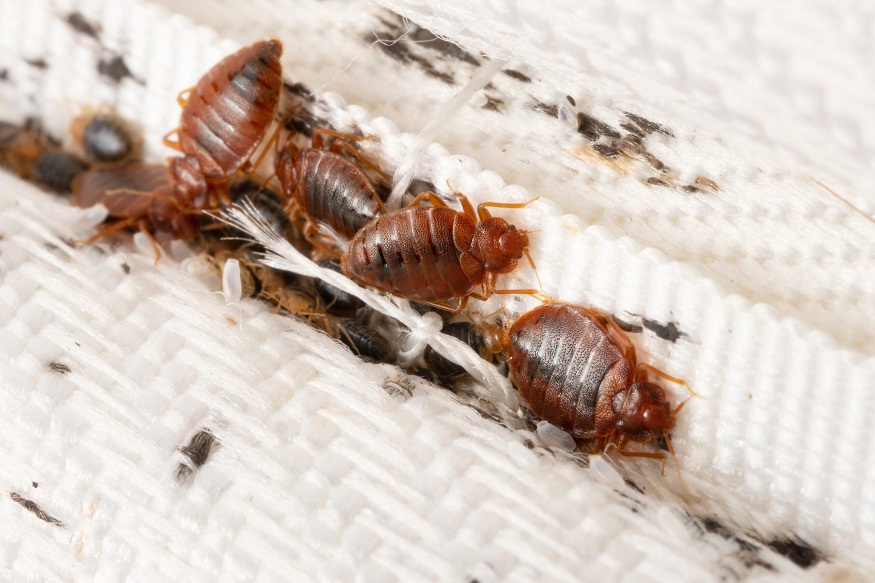Climate change is causing big problems for people struggling to control pests. Increasing temperatures and shifting weather patterns are enabling destructive pests to survive longer, multiply more rapidly, and move to new places where they were previously unknown.
Old-fashioned ways of controlling pests, which worked for generations, are losing ground to creatures that are coming to terms with new, warmer conditions. Pest populations are becoming more expansive and appearing in unexpected areas, challenging researchers and cockroach-control professionals to predict and control infestations.
More and more property owners struggle to contend with pests throughout the year, instead of seasonally. The emergence of stronger, more resistant pests over the past few years, coupled with erratic weather patterns, makes utilizing professional pest control services more crucial now than ever to help protect your home and business from these escalating threats. See more of how climate change is making pest control difficult inside.
Does Climate Change Affect Pest Control?
Yes, pest control is profoundly affected by climate change in many different aspects. One impact of higher temperatures is that they increase the rate at which pests reproduce, rearing more offspring each year.
Over the last 50 years, the global geography of a valuable agricultural insect pest, the diamondback moth, has expanded by global climate change by around 2.4 million km². Those warmer conditions also allow pests to live through the winter months when they would typically die off, resulting in higher populations come spring.
Moreover, shifting rain patterns provide new places to breed for pests that love moisture, while droughts push others indoors to escape the heat. Climate change also diminishes the power of certain pesticides and disrupts the natural enemies that otherwise keep pest populations in check.
How Climate Change Is Making Pest Control Harder
1. Accelerated Pest Life Cycles
Higher temperatures serve as a kind of turbocharger for pests. Insects that were double-generation per year are now experiencing triple and quadruple generations. This , in turn, means pest populations can grow much more rapidly. Small issues can become full-on infestations within days.
2. Extended Active Seasons
Many pests tend to stay active all year now, rather than dying off during the cold season. Mosquitoes, flies, and ants keep breeding late into winter in many areas. Due to this non-stop activity, your pest control efforts must be continuous, not a one-off treatment in winter. Landlords must remain aware of the entire year, which will make it both more expensive and more difficult to control pests.
3. Geographic Expansion
As climate zones migrate north, pests are moving into new territory. Species previously confined to the south to now taking up residence in regions with no natural weapons against them. Local pest control operators have to start tackling unknown species, and even many residents are confronted by pests they have never seen here before. This distribution adds complexity to attempting to predict which pests will be problematic in a given area.
What Can You Do About It?
- Seal cracks around your home and get rid of potential breeding grounds of pests, such as standing water.
- Maintain a clean environment and avoid food sources that attract uninvited guests.
- Conduct regular checks of your home for early signs of pest activity. If you can catch problems early, the easier they are to treat.
- Opt for seasonal treatment all year round pest control contracts, because a lot of pests are present all year round.
- Work with a local pest control professional who can account for how climate change influences pest behavior in your particular area and adapt methods accordingly.
Taking Action Against Climate-Driven Pest Challenges
With faster breeding cycles and longer active seasons, and by expanding their territories, pests are now a greater threat to homes. Traditional methods of pest killing do not work anymore in this day and age of seasonal pest control. Homeowners have to remain ever vigilant year-round and work with experienced pest control providers who are familiar with these changing dynamics. Using professional pest control can bring knowledge and flexibility to the battle to keep ahead of pests and defend your property from them as the climate shifts.

